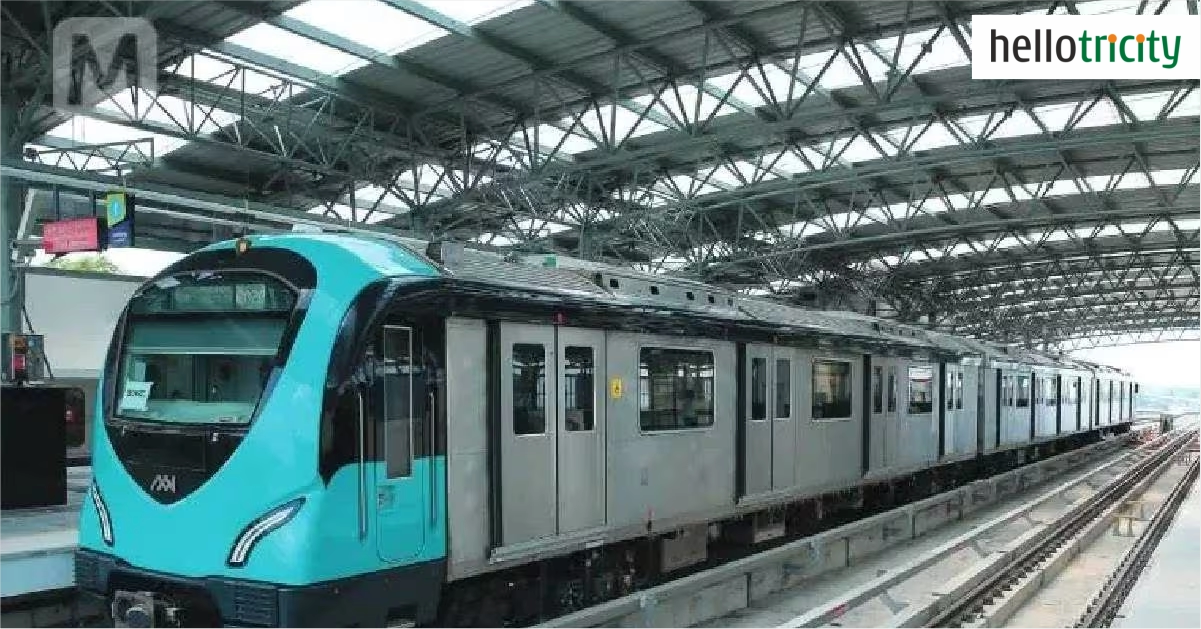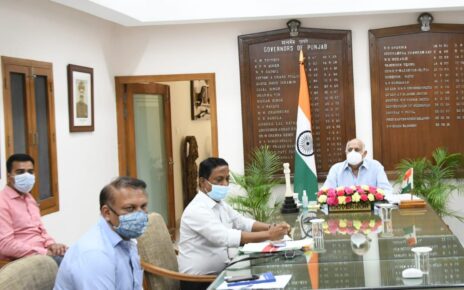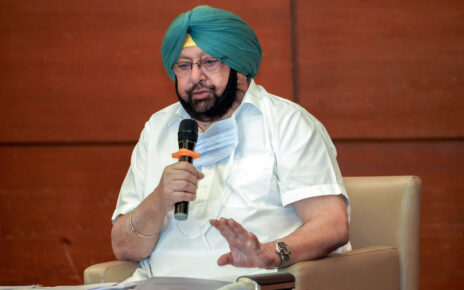The Tricity—Chandigarh, Panchkula, and Mohali—Metro system, has put the environmental effect of this project under criticism.
Building elevated rails will require the removal of some 3,376 trees, according to a draft report evaluating alternatives for the project (AAR). Environmentalists and locals have raised concerns about the ecological effects.
The report, prepared by Rail India Technical and Economic Services (RITES), recommends a two-coach Metro system with elevated tracks for most corridors. While the Union Ministry of Housing and Urban Affairs (MoHUA) had previously approved constructing the Metro lines in heritage areas (sectors 1 to 30) underground, the AAR suggests a different approach for cost-effectiveness.
The environmental impact assessment highlights noise and vibration pollution as significant concerns during the Metro project’s construction and operation. The report estimates noise levels to reach 66.4 decibels, considering the two-coach system and a design speed of 90 km/h.
The draft does, however, also highlight the potential advantages of the Metro. It draws attention to the system’s large passenger capacity—between 15,000 and 100,000—and its extended capability to manage peak-hour traffic.
The AAR is part of a larger project, the Comprehensive Mobility Plan (CMP) for Chandigarh Tricity until 2052. This proposal was formalized in 2023 to offer a connected multimodal mass transit system for managing the increasing traffic challenges in the town.
The report sheds light on the current traffic scenario in the Tricity. It reveals that vehicular trips dominate, accounting for roughly 80% of all journeys, with two-wheelers contributing a significant portion (34%). Public transport usage remains low, with buses catering to only 5.3% of trips.
The report underscores the need for a robust mass transit system to reduce traffic congestion and air pollution. While the Metro presents a potential solution, its environmental cost in terms of tree removal cannot be ignored.
Finding a balance between development and environmental protection will be crucial as Tricity moves forward with the Metro project. Exploring alternatives like noise reduction measures and a detailed plan for compensatory tree plantation will be essential to mitigate the environmental impact.




